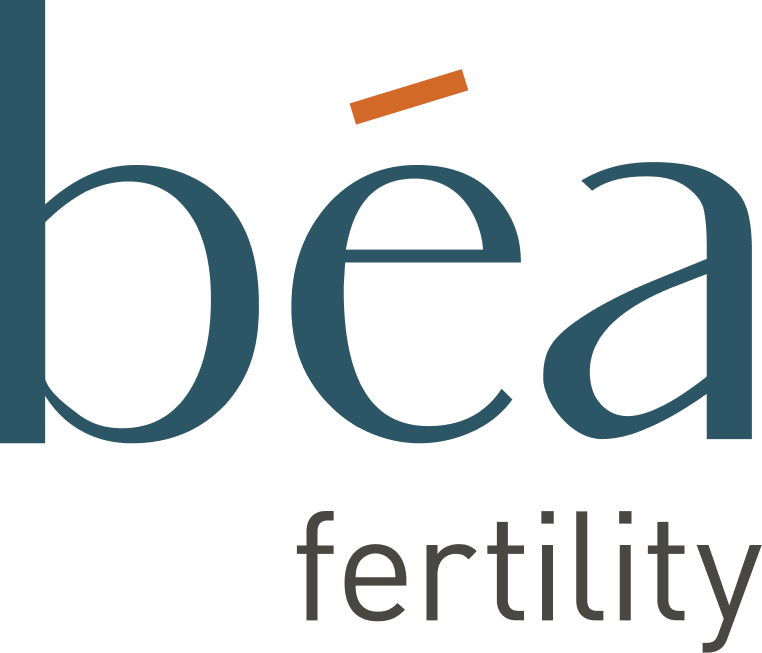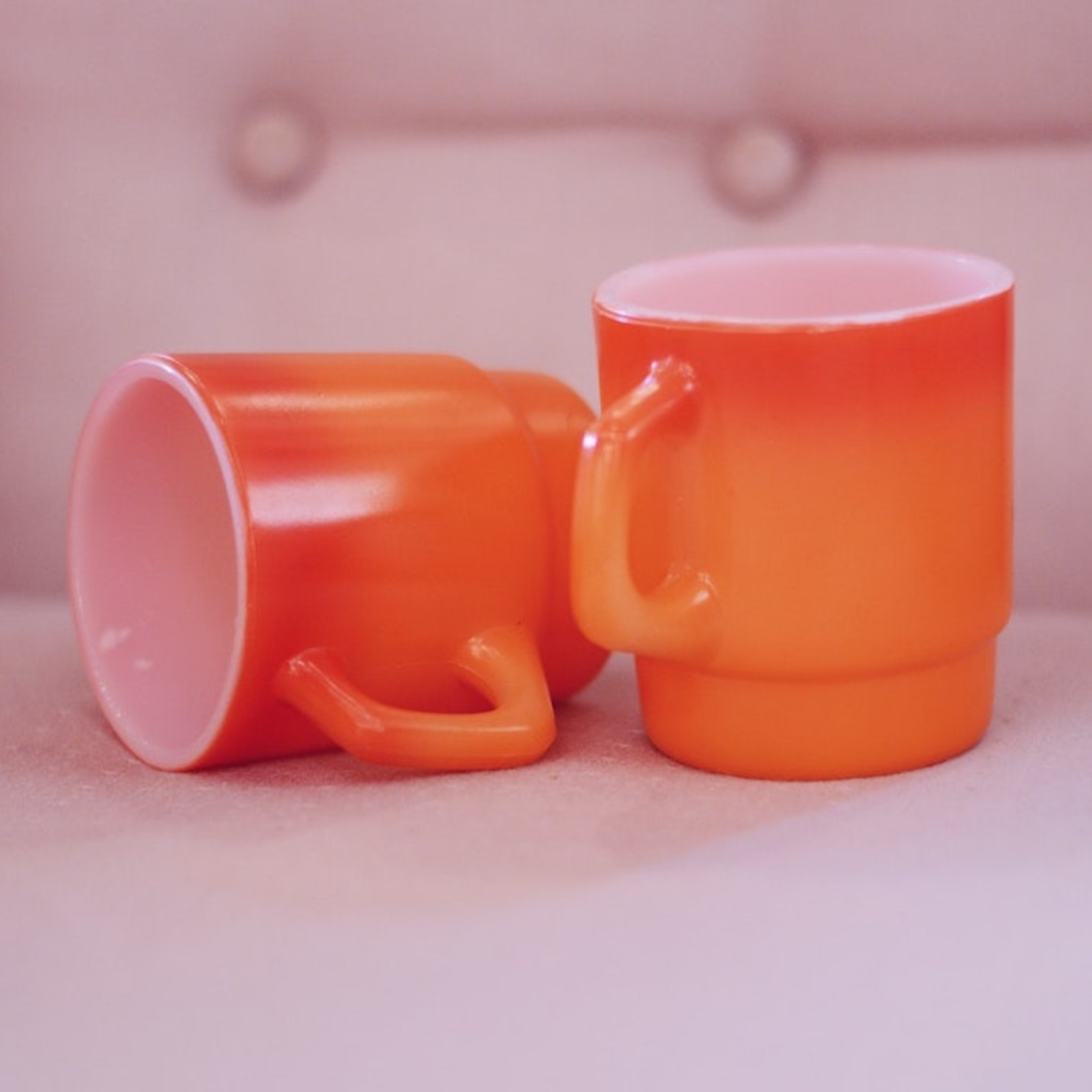If you google search ashwagandha or dong quai you’ll find numerous blogs on how beneficial it can be for fertility and stress reduction. You might even be surprised to see it in some popular supplements or fertility teas. But what do we really know?
Ashwagandha – a.k.a Withania Somnifera – is a plant often used in traditional medicine across Africa, Asia and Europe to “cure” infertility.
Though the origins of its name may be enough to put you off. Ashwa means horse and Gandha means smell in Sanskrit and Hindi. That’s right. This infertility “cure” is named horse smell (probably not in a good way).
But does it work?
Ashwagandha is traditionally used as an anti-inflammatory, immunity booster and aphrodisiac for both men and women (that could help with baby-making). Unfortunately, these claims are yet to be scientifically verified.
Despite regularly featuring as an ingredient in fertility teas, ashwagandha has been proven to possess abortifacient properties. Yes, you read that right. Large amounts of this “fertility cure” could lead to miscarriages.
A recent medical review concluded that “It is likely unsafe to use ashwagandha when pregnant. There is some evidence that ashwagandha might cause miscarriages.”
Since it’s sold as a supplement, rather than a drug, ashwagandha is not regulated by the FDA and hasn’t undergone the required safety testing. There is also a risk of other side effects which have not yet been documented.
Dong Quai is the dried root of Angelica Sinensis, commonly used in traditional Chinese medicine to promote blood circulation, treat menstrual disorders and restore hormonal balance in females. Dong Quai is a type of emmenagogue which is a herb “capable of stimulating the menstrual flow even when it is not due, and is also to be avoided during pregnancy.” For centuries these herbs have been labelled “herbs for delayed menses” a euphemism for eliminating an unwanted pregnancy.
Confusingly, emmenagogic herbs – such as dong quai – have been used for centuries in Chinese and Japanese medicine to prevent miscarriages.
Does Dong Quai get the medical thumbs up?
Unfortunately, no. Until the nineteenth century almost all abortions were performed using herbal medicines and abortifacient herbs were a common choice. If given the right dose, these herbs (of which there are around 525) can cause the uterus to contract and miscarry.
Neither ashwagandha nor dong quai have received the medical seal of approval. What's more, their presence in fertility teas is downright concerning given their abortifacient properties.
Always double-check any supplements or teas you ingest when you’re trying to conceive and, if in doubt, ask your doctor.



Share:
Exercise traps to avoid
Secondary Infertility